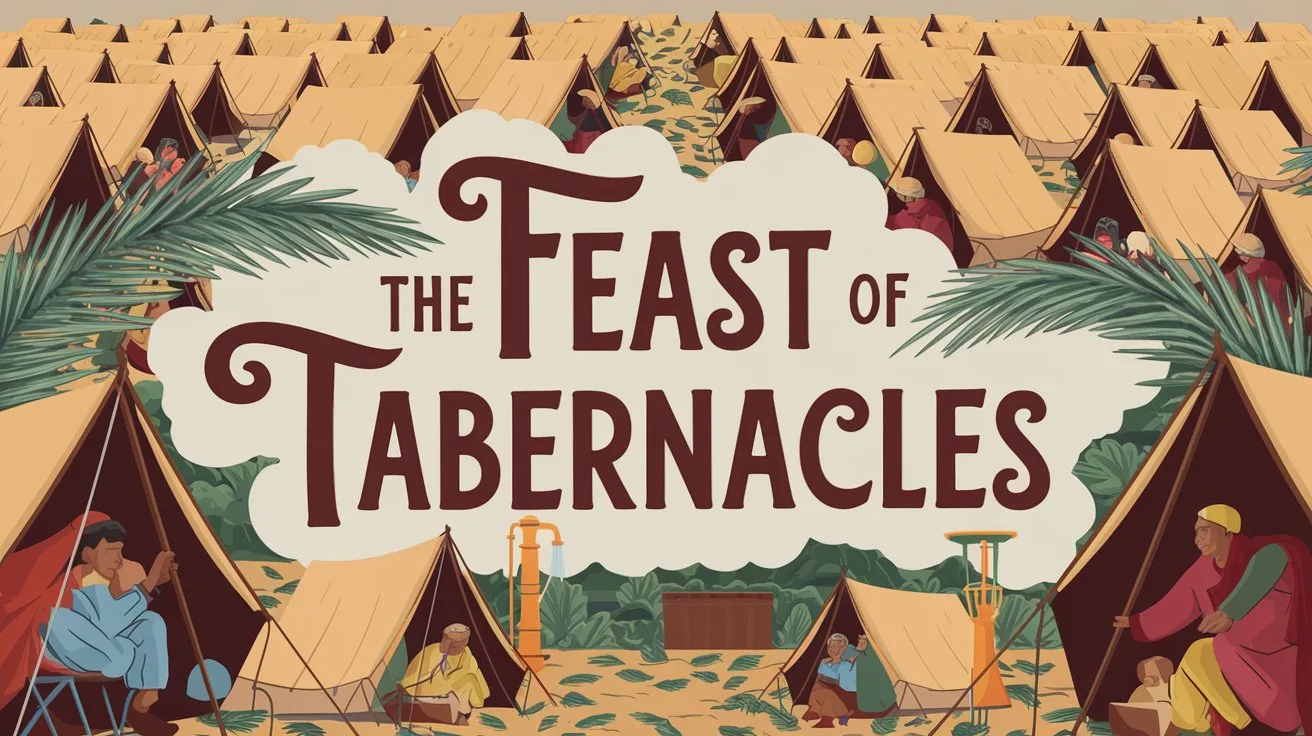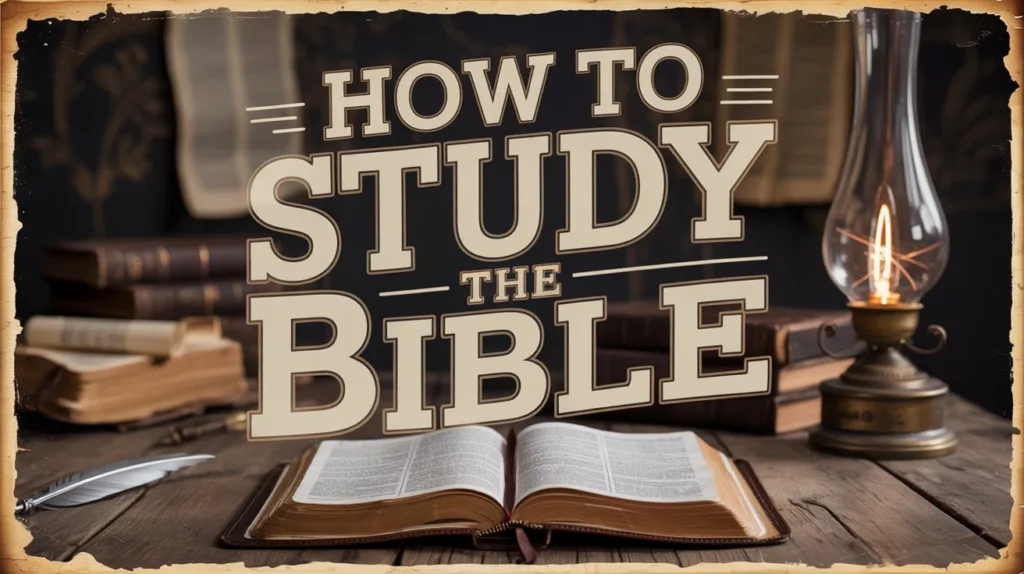The Feast of Tabernacles, also called Sukkot or the Feast of Ingathering, was one of the three major pilgrimage feasts commanded by God in the Law of Moses. It took place on the fifteenth day of the seventh month (Tishri), lasting for seven days with an additional eighth day as a solemn assembly (Leviticus 23:34–36).
It was a time of joy and celebration after the harvest, when the people of Israel would dwell in temporary shelters, or “booths,” as a reminder of how the LORD made them dwell in booths when He brought them out of Egypt. The LORD commanded:
“You shall dwell in booths for seven days… that your generations may know that I made the children of Israel dwell in booths when I brought them out of the land of Egypt: I am the LORD your God” (Leviticus 23:42–43).
This feast was agricultural, celebratory, and deeply spiritual. It marked God’s provision, His protection in the wilderness, and His presence with His people.
How Was It Celebrated?
Each family built a sukkah (booth) and lived in it, feasting and rejoicing before the LORD. Sacrifices were offered in great number (Numbers 29 outlines the sacrifices, totaling 70 bulls over 7 days). The feast was also marked by the water-drawing ceremony and lamp-lighting, symbolizing the Spirit and the Light of God, respectively. It was a time of communal celebration in Jerusalem, full of singing, dancing, and thanksgiving.
Deuteronomy 16:14–15 says,
“And you shall rejoice in your feast… Seven days you shall keep a sacred feast to the LORD your God… and you shall only be joyful.”
Why Was It Instituted?
God commanded the feast to remind Israel of His faithful provision during their wilderness journey. It was also a prophetic picture of the final harvest, a time of completion and rejoicing in the promises of God. It stood as a yearly reminder that they were once sojourners and that it was God who sustained them.
It also pointed to God’s desire to dwell with His people. In the wilderness, the Tabernacle stood in the midst of the camp, and God’s presence dwelt above the mercy seat. This idea (God dwelling with man) is central to the Feast of Tabernacles.
What It Means for the Church Age
In the Church age, we see the spiritual fulfillment of the Feast of Tabernacles in Christ. As John opens his gospel, he writes, “And the Word became flesh and dwelt among us” (John 1:14). The Greek word for “dwelt” literally means “tabernacled.” Jesus became the dwelling place of God among men.
During the feast in John 7:37–39, Jesus stood and cried out,
“If anyone thirsts, let him come to Me and drink. He who believes in Me… out of his heart will flow rivers of living water.”
This was spoken during the water-pouring ceremony, showing Jesus as the fulfillment of that symbolic act. He is the source of spiritual life and refreshment. The Feast of Tabernacles also looks ahead to the Millennial Kingdom, when Christ will reign on earth and the nations will come up to worship in Jerusalem.
Zechariah 14:16 declares:
“And it shall come to pass that everyone who is left of all the nations… shall go up from year to year to worship the King, the LORD of hosts, and to keep the Feast of Tabernacles.”
Even in the age to come, this feast will be celebrated, showing its eternal significance in the plan of God.
Spiritual Meaning for Believers Today
We are still pilgrims and strangers on the earth (Hebrews 11:13), just like Israel in the wilderness. The Feast of Tabernacles reminds us that our true dwelling is not here. Our hope is in the Lord who sustains us, who dwells with us through the Holy Spirit, and who will one day dwell among us bodily again.
Paul writes in 2 Corinthians 5:1,
“For we know that if our earthly house, this tent, is destroyed, we have a building from God…” (a heavenly tabernacle, eternal and secure).
As the feast was a time of joy, we are reminded to live lives of thanksgiving and worship, even in temporary circumstances. God’s faithfulness, His presence, and His promises remain.
My Final Thoughts
The Feast of Tabernacles was a time to remember, rejoice, and renew. It pointed back to the wilderness, celebrated the harvest, and looked forward to the final dwelling of God with man. In Christ, we experience the fullness of this feast: not in the form of booths or bulls, but in the indwelling of the Holy Spirit and the hope of the coming Kingdom.
We live in temporary tents, but we serve an eternal God who has pitched His tent among us. Rejoice, then, not only in what He has done, but in what He is yet to do.





 Get the book that teaches you how to evangelize and disarm doctrines from every single major cult group today.
Get the book that teaches you how to evangelize and disarm doctrines from every single major cult group today.